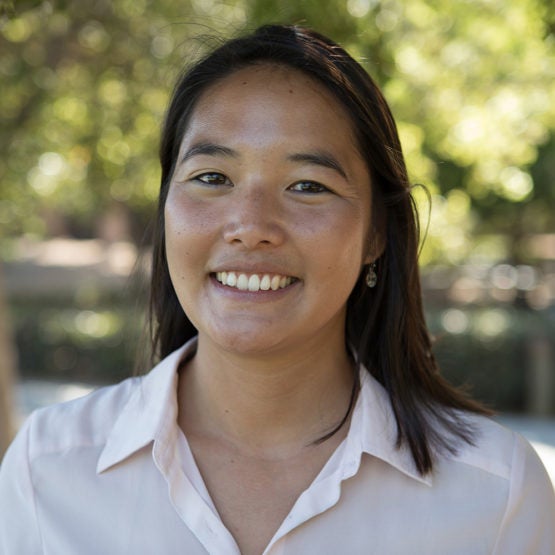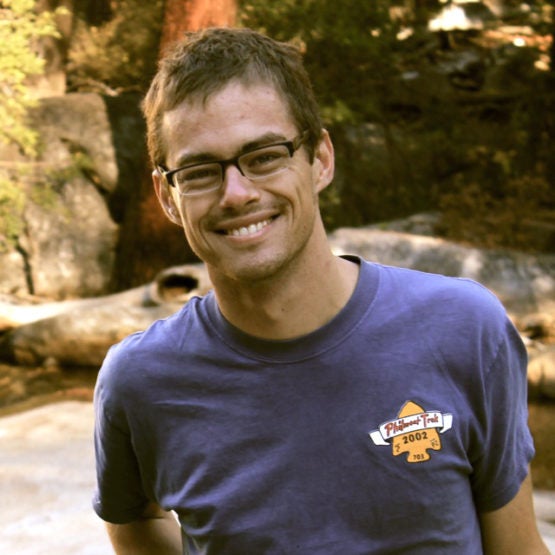The 2018 Switzer Fellows
Two Stanford PhD students are among the recipients of the Switzer Environmental Fellowship, which recognizes leadership in improving the environment.
Stanford PhD students Miyuki Hino and Philip Womble have been recognized for their contributions and commitment to improving the environment. They are among 20 graduate students from California and New England to participate in the year-long Switzer Environmental Fellowship program through the Switzer Foundation. Fellows receive support for leadership training and professional development, as well as a $15,000 award to support completion of a master’s or doctoral degree.
Hino is a student in the Emmett Interdisciplinary Program in Environment and Resources (E-IPER), part of Stanford School of Earth, Energy & Environmental Sciences (Stanford Earth), where she studies strategies for managing flood risk in a changing climate. Her work aims to help communities around the world manage the risks of sea-level rise, storms and other impacts of climate change, and to inform planning and policy.

Miyuki Hino is a PhD student in the Emmett Interdisciplinary Program in Environment and Resources. (Image credit: Shannon Switzer Swanson)
“I’m really excited about the Switzer Fellowship because it brings together a network of people across academia, government, community organizations and more – many of whom are addressing similar challenges from different angles. It also provides a lot of training, ranging from leadership skills to science communication, which will help boost the real-world impact of my work,” Hino said.
Since earning a bachelor’s degree in chemical engineering at Yale University, Hino has worked steadily in climate change research. As a consultant, she studied the effects of climate change on infrastructure and created climate-risk screening tools for international development organizations. Hino said that Stanford has enabled her to leverage expertise across disciplines, including climate science, law and economics, as well as to work with professionals addressing environmental challenges.
“In the course of my research, I’ve had the opportunity to work with local government officials, urban planners, coastal managers – all people who ultimately might use the outputs of my research one day,” Hino said.

Philip Womble is a PhD student in the Emmett Interdisciplinary Program in Environment and Resources. (Image credit: Elinor Benami)
Womble also studies in E-IPER and specializes in U.S. water policy and water markets. His research is focused on water rights, laws governing water acquisitions, and how to improve environmental and economic outcomes of water markets in the western United States. Womble’s interdisciplinary education at Stanford includes graduate coursework in hydrology and water resources engineering. He also holds a JD from Stanford Law School. After leaving Stanford, he intends to transition from producing research that informs water policy to playing an active role in developing and implementing policy.
“In my future career, the rigorous training and experience that I have received from Stanford Earth and Stanford Law School has prepared me to critically evaluate insights from many disciplines and has opened my eyes to new opportunities to improve natural resources management,” Womble said.
Founded in 1986, the Robert & Patricia Switzer Foundation invests in individuals and organizations that drive positive environmental change. The Environmental Fellowship is the hallmark of the foundation’s programs and supports leaders from diverse disciplines who focus on solutions to environmental issues.
